Auto dealers are ready to go to war with Scout Motors over the new brand’s plan to sell directly to customers without using franchised retailers. Scout is also planning to build separate service centers, which are emerging a key part of the EV landscape.
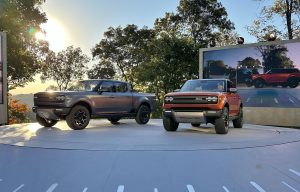
Scout wants to sell its Terra and Traveler models directly to consumers, rather than sign up independent franchisees.
When Scout Motors revealed its first two products last week, the Terra pickup and Traveler SUV, it dropped the bombshell announcement that it will sell directly to customers rather than partner with traditional automotive retailers.
The National Automobile Dealers Association, which has waged an intense legal campaign to block the direct sales model at other EV brands, such as Tesla, Lucid and Rivian, is vowing to stop Scout Motors from using a similar approach.
Noting that Scout is owned by Germany’s Volkswagen, the dealer group stated its “decision to attempt to sell Scout vehicles directly to consumers and compete with its U.S. dealer partners is disappointing and misguided, and it will be challenged.”
NADA says VW AG is walking away from loyal dealers
“Since VW AG signaled the reemergence of the Scout brand in the U.S., NADA has communicated very clearly on numerous occasions to their leadership that the franchise system is the best and most-efficient way to deliver the customer experience that today’s marketplace demands.” NADA said in a statement after the fledgling company revealed its new SUV and pickup truck.
Scout Motors, which has already begun construction of a new plant in South Carolina, plans to offer both battery electric and range-extended versions of the vehicles, which are scheduled to go on sale in 2027.
“VW AG’s decision….is also not terribly surprising, as VW AG CEO Oliver Blume and Scout CEO Scott Keogh have avoided engaging with or even responding to NADA for months,” the dealers association added.
Dealers are more efficient and effective
NADA pointed to a new study by research firm Oliver Wyman that determined the franchise system is more cost-effective than a direct sales channel, and provides tremendous value to automakers and consumers alike.
“NADA and state dealer associations fully stand behind VW and Audi dealers that are being left behind by this decision and are prepared and will challenge this and all attempts to sell direct in courthouses and statehouses across the country,” NADA added.
More Scout News
- Scout Makes its Debut – But Won’t Begin Deliveries Until 2027
- Here’s More About the New Scout Brand and its Products
- Scout Breaks Ground for $2B South Carolina Assembly Plant
Scout’s plan
Originally introduced by International Harvester in 1960, Scout was one of the first brands to offer sport-utility vehicles, directly competing against the likes of Jeep, as well as the original Ford Bronco, Headlight.News noted last week. But IH struggled to survive, eventually merging into what became Navistar. The Scout brand was pulled from the market in 1980 – ironically, just before the real surge in demand for SUVs began. Navistar was purchased by Volkswagen in 2021, the German automaker announcing plans to revive Scout as a standalone brand a year later.
Keogh told Reuters last week that he expects Scout will have around three dozen U.S. retail centers when sales begin in 2027, eventually rising to one hundred. Other EV sellers like Rivian and Lucid are using the direct sales models as well.
NADA and other dealer groups have already mounted an extensive battle to protect their interests under state franchise laws, many of which prohibit direct manufacturer sales. The campaign has waged an intensive lobbying campaign in state legislatures across the country, while filing dozens of lawsuits against Tesla and Rivian, which use the direct sales and service center model.
EV service centers become big business
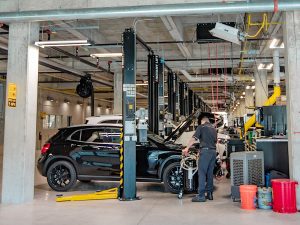
Dealers generally make more money on service, as well as finance and insurance, than they do actually selling vehicles.
Behind the political and legal fight, the EV makers’ service centers are emerging as a key element of the direct sales model since they handle after sales problems such as maintenance, repairs and recalls.
At Tesla, customers can face long wait times at service centers for repairs or spare parts, company officials have acknowledged. The automaker has attempted to address that problem by, among other things, fielding mobile vans capable of making many repairs in the field.
During a conference call with investors last week, Tesla officials said they are expanding the company’s service network. During the second half of 2024, Tesla will have opened seventy new service centers, and is significantly expanding existing locations.
Specialized service
Tesla CEO Elon Musk said, “I think it is, like, actually a lot of merit to have large service centers because you can have specialization of labor. Okay. You can start to approach. Yes. It should be more factory like, where you can have dedicated lanes for types of service. And it’s way easier for somebody to become an expert in a few different types of repairs than in every repair.”
Musk added the factory-owned service centers give Tesla “a strong advantage relative to the rest of the auto industry because we make the cars and we service the cars. “I think there’s a bit of a conflict of interest with the dealer model and the traditional OEM and dealer model where the dealerships make most of their money on service,” Musk said during a conference call last week.
Dealers do not help reduce the servicing cost, he argued, “whereas in our case, we are incented to reduce the service and cost because we carry that servicing cost.”
While some states have revised franchise laws to allow direct sales and service models, others continue to require franchise retailers. Still others have made limited exceptions, specifically for Tesla. Scout’s strategy, backed by the deep pockets of parent Volkswagen AG, could accelerate the debate over the future of automotive retailing.

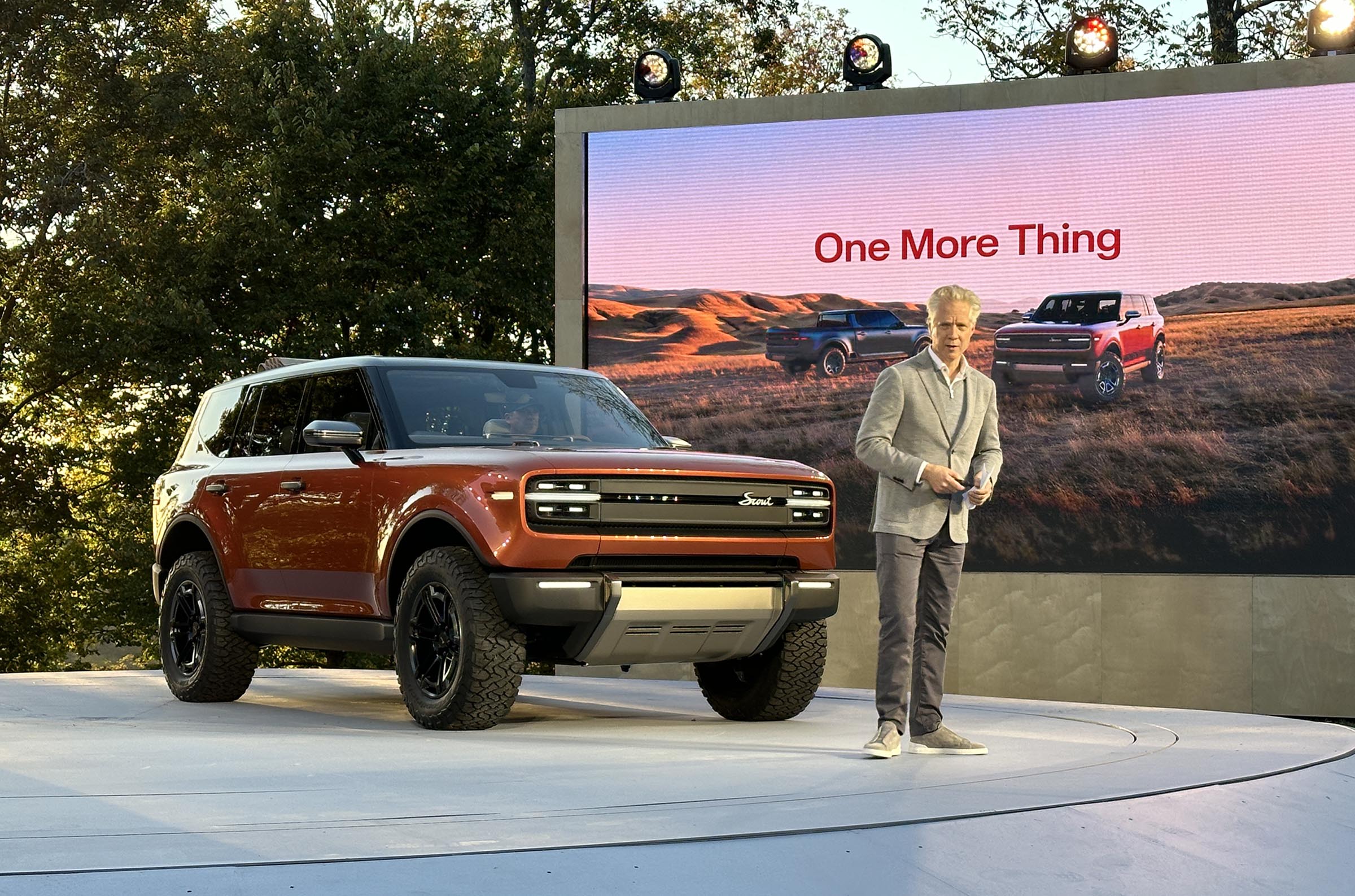
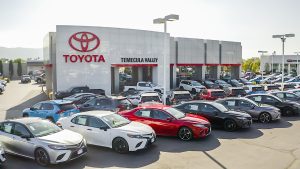
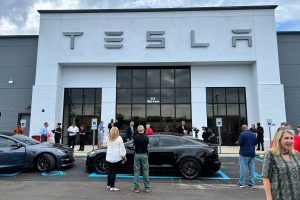
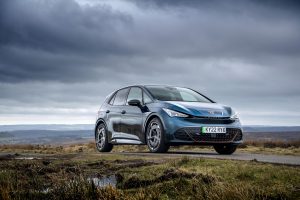
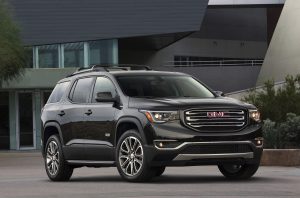
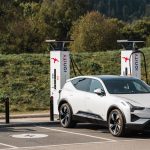

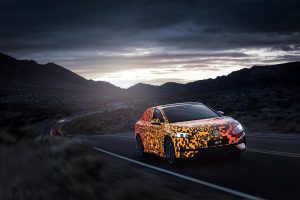
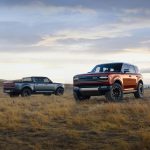
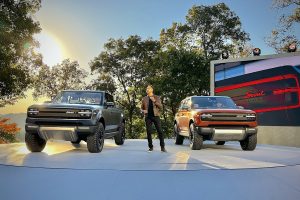
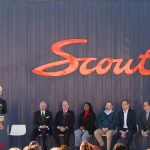
0 Comments